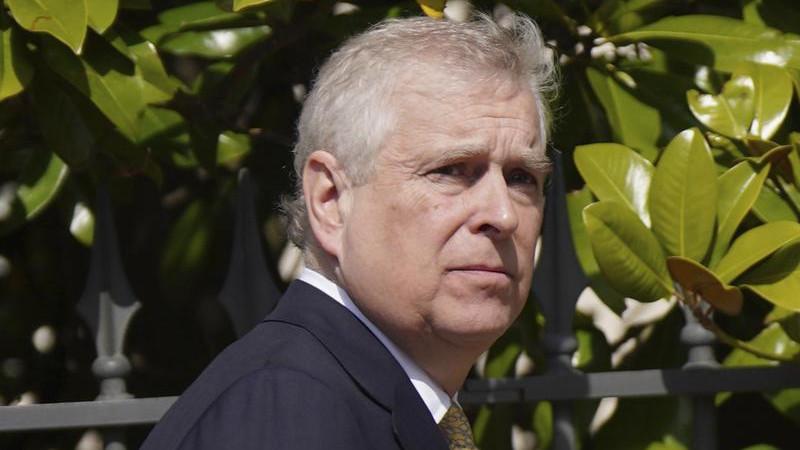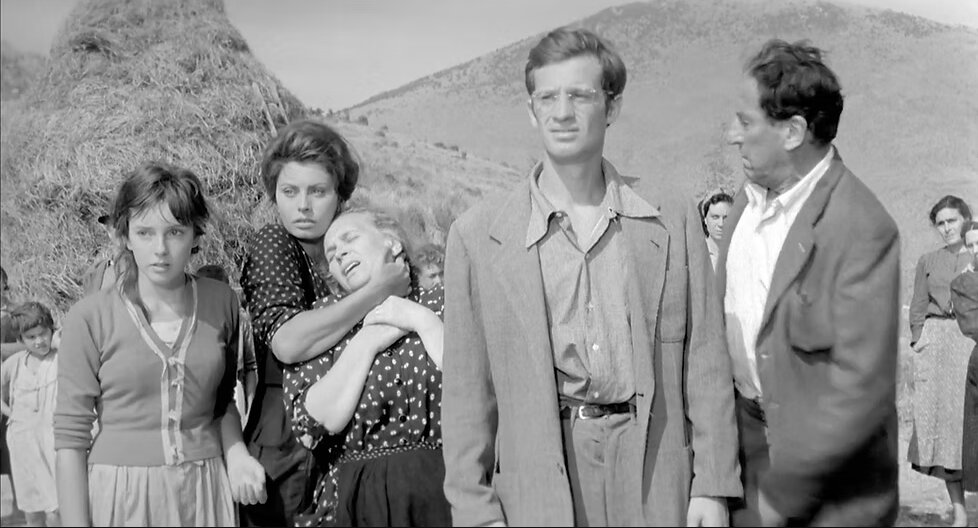Recycling Revolution: Your Guide to What Cans & Bottles You Can Actually Recycle in Australia

Let's be honest, sorting your recycling can feel like navigating the Death Star – confusing and a little overwhelming. You want to do your part for the planet, but are you *really* recycling correctly? We've all been there, tossing a questionable bottle into the bin and hoping for the best. But with growing concerns about contamination and the impact on our environment, it's more crucial than ever to understand exactly what cans and bottles are actually recyclable in Australia.
The Basics: Container Deposit Scheme (CDS)
First things first, let's talk about the Container Deposit Scheme (CDS). This fantastic initiative, currently operating in New South Wales, Queensland, South Australia, Tasmania, and Western Australia, offers a financial incentive to recycle eligible beverage containers. Eligible containers include most aluminium, glass, plastic, and steel beverage containers (think bottles and cans of soft drinks, water, juice, and beer). You'll receive a refund of 10 cents for each container returned at a designated refund point. Find your nearest refund point using the CDS website or app – it's a simple way to earn a little extra cash while doing good for the environment!
Beyond the CDS: Council Recycling Programs
Even if your state doesn't have a CDS, your local council likely has a recycling program. However, the specifics of what they accept can vary significantly. It's *essential* to check your council's website or contact them directly to understand their guidelines. Here's a general overview, but remember, always confirm with your local council!
What's Generally Recyclable (Check Local Guidelines!):
- Aluminium Cans: Generally accepted widely. Rinse them out first!
- Steel Cans: Soup cans, vegetable cans – these are usually recyclable. Again, rinse thoroughly.
- Plastic Bottles (PET & HDPE): Commonly accepted, but look for the recycling symbol (the chasing arrows) with a number 1 (PET) or 2 (HDPE) inside. Water bottles, soft drink bottles, milk jugs often fall into this category.
- Glass Bottles: Most councils accept glass bottles and jars. Remove lids and rinse.
What's Often *Not* Recyclable (and Why!):
- Plastic Bags: These are a major contaminant in recycling streams. Most councils don't accept them.
- Coffee Cups: Despite appearing recyclable, most are lined with plastic and are difficult to process.
- Tetra Paks (Cartons): These are made from a mix of paper, plastic, and aluminium and require specialized recycling facilities. Check your local council for specific programs.
- Broken Glass: Can be dangerous for recycling workers.
- Lids and Caps: Often made from different types of plastic and can contaminate the recycling stream. Check your local guidelines – some councils ask you to remove them.
Tips for Recycling Success:
- Rinse Everything: Food residue contaminates recycling and can render entire batches unusable.
- Know Your Numbers: The recycling symbol with a number inside indicates the type of plastic. Familiarize yourself with these numbers to help you sort correctly.
- When in Doubt, Throw it Out: It’s better to put something in the general waste than to contaminate the recycling stream.
- Stay Updated: Recycling guidelines can change. Keep an eye on your local council's website for updates.
Recycling responsibly is a collective effort. By understanding what can and can't be recycled in Australia, we can all contribute to a cleaner, more sustainable future. May the recycling force be with you!






